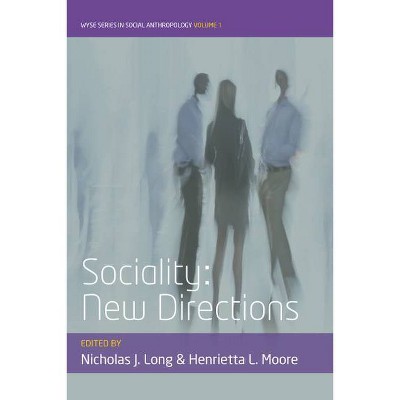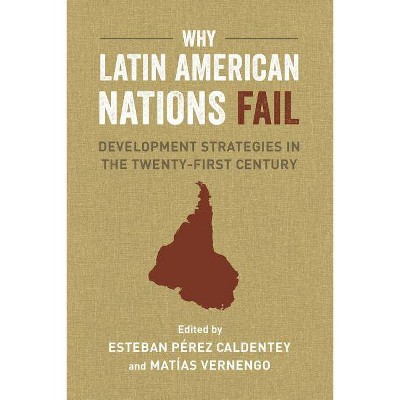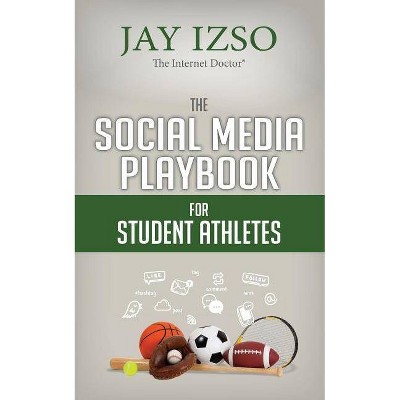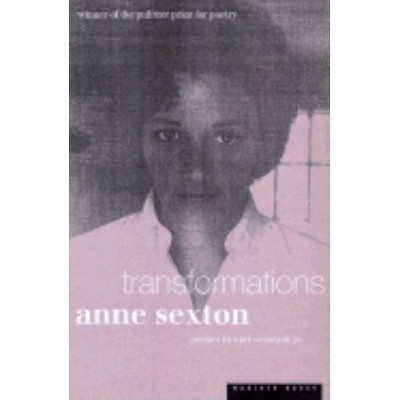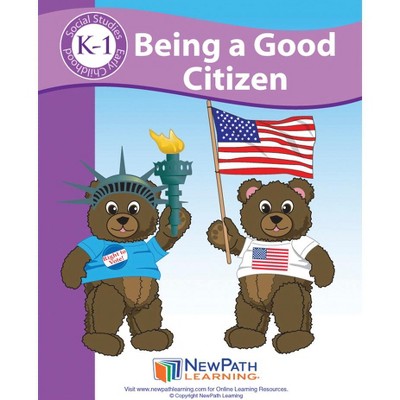Citizen, Student, Soldier - (Social Transformations in American Anthropology) by Gina M Pérez (Paperback)
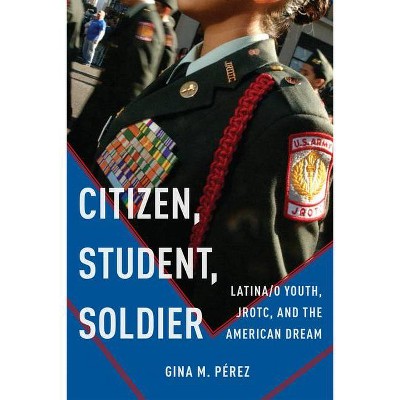
Similar Products
Products of same category from the store
AllProduct info
<p/><br></br><p><b> Book Synopsis </b></p></br></br><p>Since the 1990s, Junior Reserve Officer Training Corps (JROTC) programs have experienced unprecedented expansion in American public schools. The program and its proliferation in poor, urban schools districts with large numbers of Latina/o and African American students is not without controversy. Public support is often based on the belief that the program provides much-needed discipline for "at risk" youth. Meanwhile, critics of JROTC argue that the program is a recruiting tool for the U.S. military and is yet another example of an increasingly punitive climate that disproportionately affect youth of color in American public schools. </p><p>Citizen, Student, Soldier intervenes in these debates, providing critical ethnographic attention to understanding the motivations, aspirations, and experiences of students who participate in increasing numbers in JROTC programs. These students have complex reasons for their participation, reasons that challenge the reductive idea that they are either dangerous youths who need discipline or victims being exploited by a predatory program. Rather, their participation is informed by their marginal economic position in the local political economy, as well as their desire to be regarded as full citizens, both locally and nationally. Citizenship is one of the central concerns guiding the JROTC curriculum; this book explores ethnographically how students understand and enact different visions of citizenship and grounds these understandings in local and national political economic contexts. It also highlights the ideological, social and cultural conditions of Latina/o youth and their families who both participate in and are enmeshed in vigorous debates about citizenship, obligation, social opportunity, militarism and, ultimately, the American Dream.</p><p/><br></br><p><b> Review Quotes </b></p></br></br><br>Citizen, Student, Soldieris an important book for scholars and students of U.S. anthropology. It could form the backbone for a course on an increasingly militarized homeland that stubbornly remains invisible. By making & America visible, Perez also makes it available for critique.-- "American Anthropologist"<br><br>Citizen, Student, Soldieroffers a nuanced portrait of the nexus between race, militarism, and contemporary public education, giving fresh insight to the deeply intertwined histories of Latina/os and military service. Written in accessible prose and drawing from Latina/o studies, political science, anthropology, and critical military studies, Perezs text represents an invaluable contribution toward our understanding of race, social membership. National belonging and what it means to be a & good citizen.-- "Lat Stud"<br><br>In this important and much anticipated work anthropologist extraordinaire Gina Pérez provides a powerful portrait of the making of American citizenship today. By examining Latino/a youth and their aspirations and attitudes towards the JROTC in relation to the rapid expansion of the military and larger neoliberal policies of retrenchment, Perez challenges narrow understandings of citizenship through a rich portrayal that truly honors their voices and dreams.--Arlene Davila, New York University<br><br>Perezs new book is a very readable, even conversational, account of the Junior Reserve Officers Training Corps or JROTC in a high school in OhioCitizen, Student, Soldier is highly accessible, depending more heavily on descriptions and interviews than on theoretical argument. While Perez does engage some of the theoretical questions of the day, the book is not especially theory-driven. That is mostly a positive for making the book readable and relevant-- "Anthropology Review Database"<br><br>Presents a provocative analysis of how young Latinas and Latinos navigate the JROTC program, where significant portions of the participants are students of color and young women, in the context of neoliberalism and the new American militarism. Pérez argues persuasively that Latina/o youths aspirations for recognition as full citizens within limited structural conditions lead them toward the personal, social, and economic benefits offered by the military. Her work provides a fresh perspective on Latino youth, the military as an avenue for upward mobility, and citizenship in the post 9/11 era.--Patricia Zavella, University of California, Santa Cruz<br><br>Readers will find detailed descriptions of marginalized youths attempts to undertake positive forms of development that might lead to social inclusion. Perez puts these descriptions in context in terms of the current debates about citizenship in the US, including civic obligation, social opportunity, and US militarism in the & land of opportunity.-- "CHOICE"<br>
Price History
Price Archive shows prices from various stores, lets you see history and find the cheapest. There is no actual sale on the website. For all support, inquiry and suggestion messagescommunication@pricearchive.us
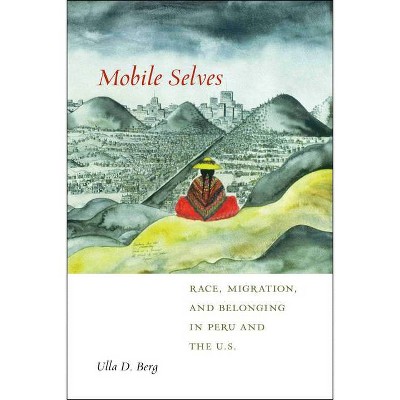
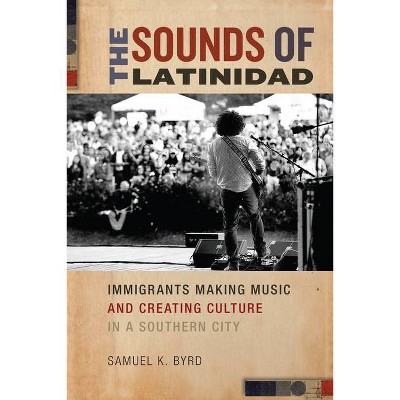
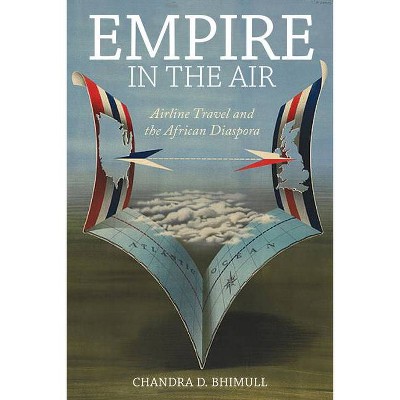
![American Experience: Citizen Hearst [DVD]](https://pisces.bbystatic.com/image2/BestBuy_US/images/products/3533/35332792_so.jpg)
